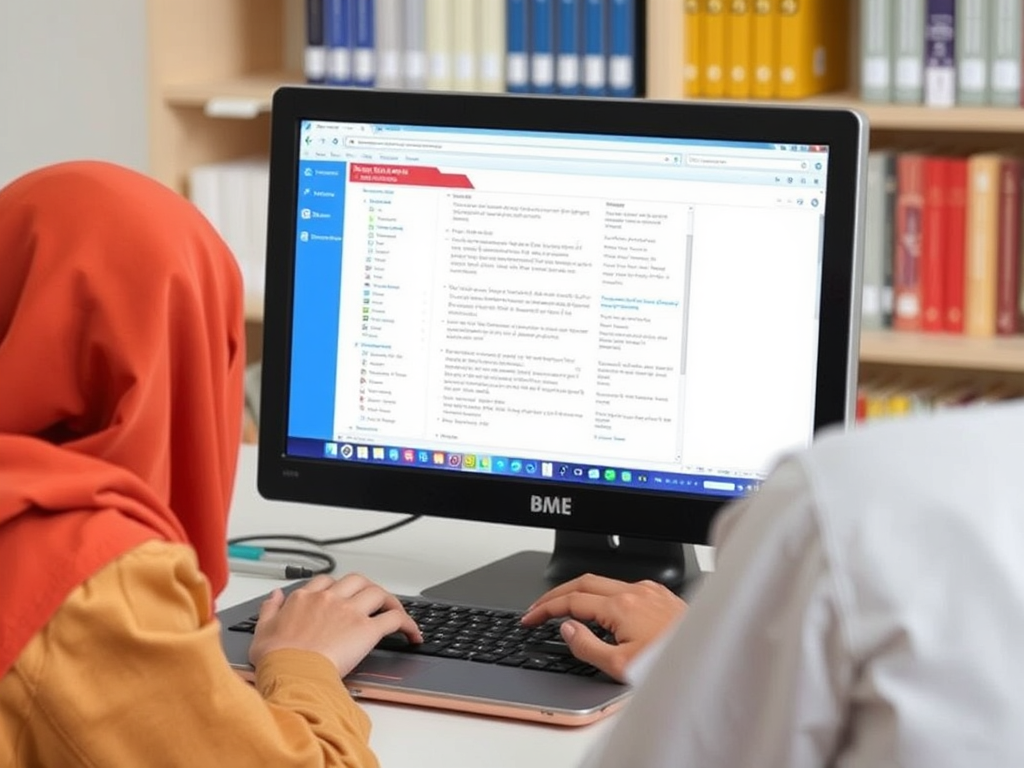Exam season in the UAE presents unique opportunities and hurdles for students in a diverse educational setting. Both public and private school systems offer distinct curricula and assessment frameworks. Preparing for finals means understanding this landscape, from compulsory standardized tests to digital transitions, and making the most of available resources for academic progress and well-being.
Key Takeaways:
- The UAE’s exam environment includes ‘Thanaweya Amma’ for public schools, alongside various curricula like GCSEs, A Levels, APs, and CBSE for private schools.
- The Emirates Standardized Test (EmSAT) holds importance for certain schools and university admissions.
- Shifting to computer-based exams in public schools hones analytical skills and signifies a broader digital trend.
- Effective strategies such as time management, digital skills, and stress-handling are essential for exam prep.
- Support through employer-paid fees, scholarships, and curricula alignment can greatly assist students in their educational journey.
Understanding the UAE Exam Landscape
The UAE’s education system is diverse, housing both public and private schools. Around 80% of students are enrolled in private institutions. These schools offer a variety of curricula, including British, American, IB, and Indian CBSE. Different schools mean different assessment frameworks. Public schools focus on the Grade 12 exam, also known as ‘Thanaweya Amma.’ This exam plays a critical role in graduation and university entry.
Private schools, however, cater to specific curriculum assessments. Students might face GCSEs, A Levels, AP exams, or CBSE board exams depending on their school’s offerings. Additionally, since 2017, the Emirates Standardized Test (EmSAT) has been mandatory for students in public and select private schools. This computer-based exam assesses subjects like Arabic, English, and Math. Its results are crucial for gaining university admission.
Tuition varies greatly in private schools, ranging between 2,700 to 70,000 AED yearly. In contrast, public schools with fee-paying students charge roughly 6,000 AED per year. It’s also worth noting the high participation in higher education, with approximately 95% of girls and 80% of boys continuing their studies beyond secondary education.
Understanding these dynamics aids in effective exam preparation. Here’s a brief overview that can aid in planning and strategizing for your or your child’s educational journey in the UAE:
- Public school focus: ‘Thanaweya Amma’
- Private school exams: GCSEs, A Levels, APs, CBSE
- Mandatory EmSAT for specific schools
- Tuition fees vary widely across sectors
- High pursuit of higher education across genders

Transition to Computer-Based Exams
The UAE is embracing education modernization, introducing computer-based exams in public schools for Grades 3–12 across essential subjects. These digital assessments are crafted to boost analytical and critical thinking, aligning with current market needs. This shift not only reflects the broader digital transformation in education but also equips students with vital skills for future challenges.
One advantage of computer-based exams is the flexibility they provide in question formats. They often include multiple-choice questions and other interactive elements, fostering engagement. This variety not only enhances understanding but also alleviates the pressure of traditional exams. The adaptability of these digital platforms allows for instant feedback, enabling students to identify areas for improvement quickly.
While public schools have fully embraced this digital approach, private schools remain in a transitional phase. Many still rely on traditional paper-based exams but have started introducing elements of digital assessments. This blend helps students gradually acclimate to modern testing environments.
To prepare effectively for these exams, students should familiarize themselves with the digital interface and utilize online practice tests. It’s essential to develop strong typing skills and understand how to navigate between different question types. Emphasizing analytical skills and critical thinking will greatly enhance performance in computer-based exams.

Core Study Strategies for Success
Continuous assessment remains crucial for students in the UAE during exam season. Regularly tackling assignments and projects can significantly impact final grades. Project-based learning not only develops critical thinking but also offers a practical skill boost.
Consider these strategies for excelling in exams:
- Time Management: Allocate specific slots for studying and revising for digital exams. This reduces stress and enhances focus.
- Essay Structuring: Follow clear structures in systems like IB and British curricula to ensure clarity and coherence.
Lastly, remember to integrate digital literacy by practicing digital exam techniques. This will enhance confidence and efficiency during actual exams.

Managing Stress and Well-being
Final year exams can be quite stressful, but many institutions offer support like counseling, workshops, and activities to help students maintain their well-being. Focusing on a balanced lifestyle is key. Ensure you get enough sleep, consume nutritious meals, and schedule regular study breaks.
Consider these healthy habits to manage stress effectively:
- Attend counseling and revision workshops.
- Use digital resources for efficient study support.
- Incorporate physical activity into your routine.
- Practice mindfulness or meditation for relaxation.
By integrating these practices into your routine, you’ll handle exam stress more effectively and enhance overall well-being.

Benchmarking and International Standards
Aligning with global expectations involves participating in international assessments such as PISA, TIMSS, and PIRLS. The UAE’s aim is to be in the top 20 worldwide for these evaluations. These assessments gauge the educational progress of students, providing a framework for ongoing curriculum reforms. By focusing on elevating local exams to match these global benchmarks, the UAE enhances educational quality and opens up straightforward university admissions locally and internationally.
The EmSAT offers an effective alternative to traditional general education certificates. It can serve as a standardized entry to universities, which often set specific minimum EmSAT score requirements. This ensures that students meet international standards and universities’ expectations, streamlining the admissions process. As you consider your exam strategies, understanding these elements will enhance your preparedness for final assessments and potential further education opportunities.
In summary, focusing on the following key aspects can be beneficial:
- Participating in global assessments like PISA, TIMSS, and PIRLS
- Aligning curriculum reforms with international benchmarks
- Using EmSAT as a replacement for general education certificates
- Meeting minimum EmSAT score requirements for university admissions
These insights outline how aligning with international standards not only benefits individual students but also elevates the educational landscape in the UAE.
Tips for Parents and Guardians
Let me share some insights to help you support your child’s success during exam season in the UAE. First, consider negotiating employer-paid school fees. This can significantly ease financial burdens. Over 16% of expats have successfully pursued this approach, so it’s worth discussing with your employer.
Keep an eye out for scholarships or discounts targeted at high-performing students. Many schools offer these incentives and they could make a big difference in managing tuition fees. It’s not just about financial savings; these rewards can also motivate your child to aim for excellence.
Curriculum choice is another critical consideration. Align the curriculum with your child’s future aspirations and ensure it fits well with specific exam systems. This alignment can play a vital role in their long-term educational journey.
To sum up:
- Negotiate Employer-Paid Fees: Approach your employer about covering school fees, a practice that benefits a significant portion of expats.
- Seek Scholarships and Discounts: Explore schools that offer financial benefits for outstanding students to help manage costs.
- Align Curriculum with Aspirations: Choose a curriculum that matches your child’s goals and exam systems for optimal success.
Using these tips, you can take proactive steps in supporting your child’s education, creating a stress-free environment during finals.
